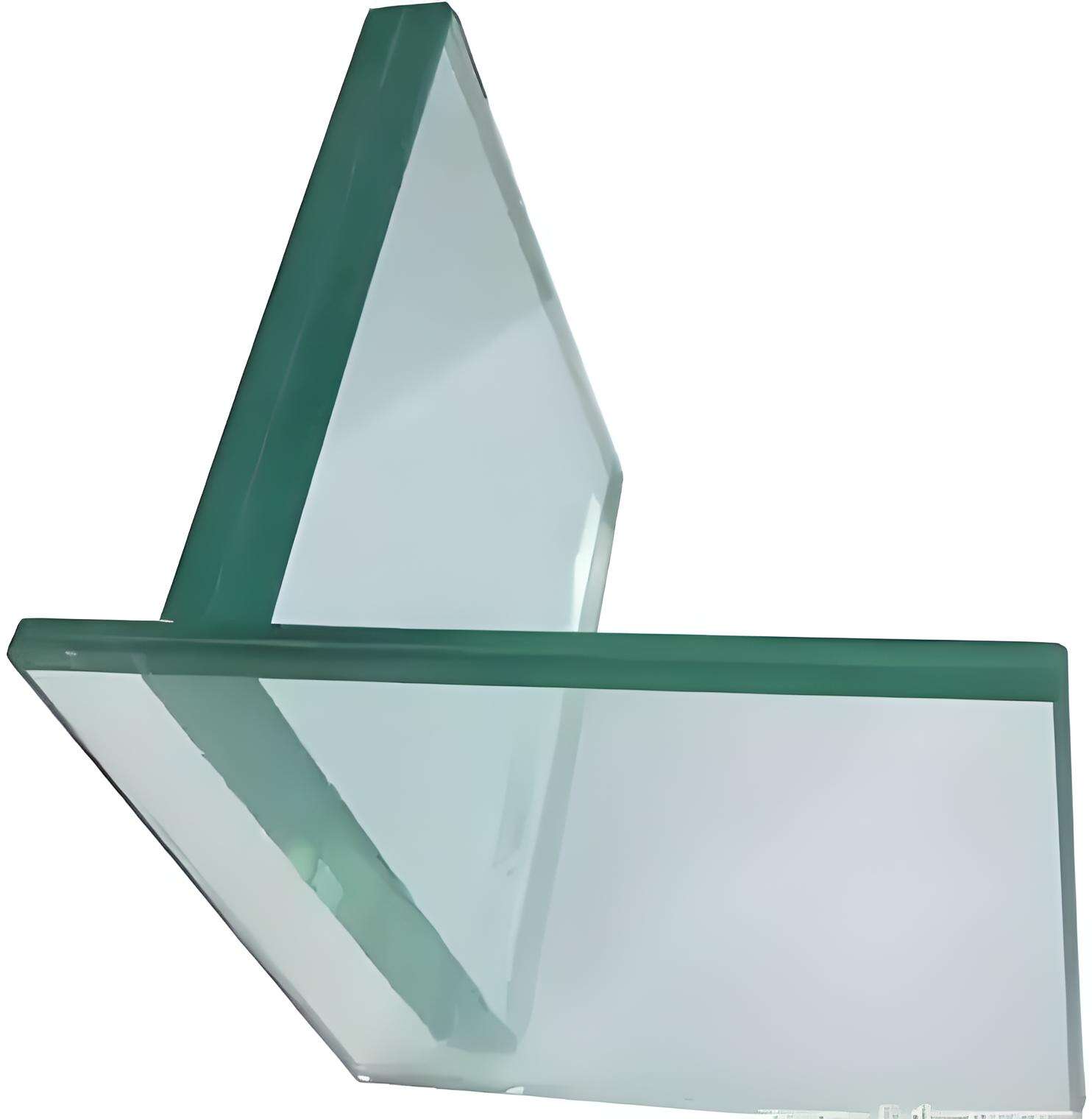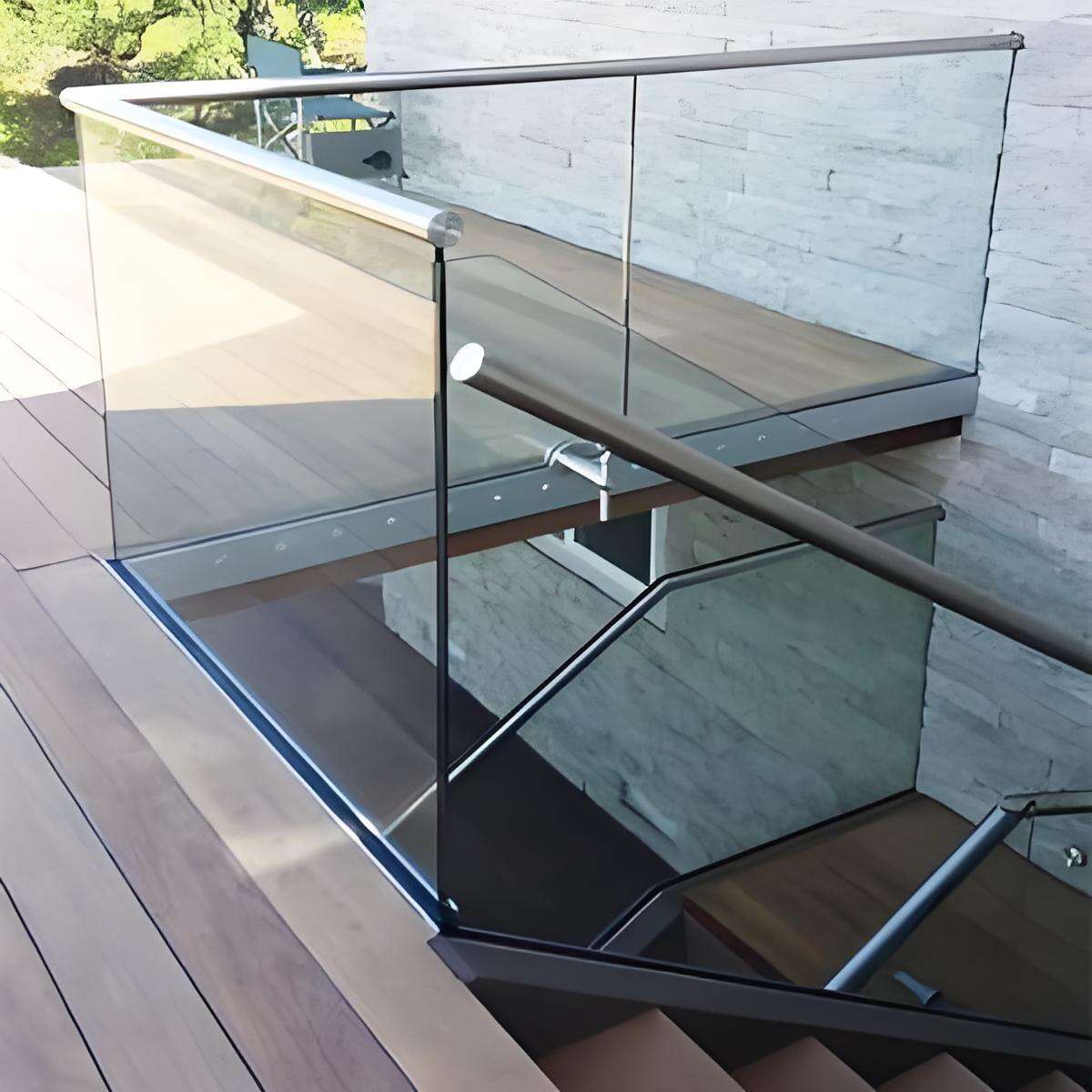सजावटी कांच के प्रकार
सजावटी कांच आधुनिक वास्तुकला और अंतरिक्ष डिजाइन में सुंदरता और कार्यक्षमता के एक उपयुक्त संगम को प्रतिनिधित्व करता है। यह फ्लेक्सिबल सामग्री विभिन्न रूपों में उपलब्ध होती है, जिसमें छाँटी हुई, थरथरीली, रँगीन और डिजिटल रूप से छपे हुए कांच शामिल है। प्रत्येक प्रकार का विशेष उद्देश्य होता है जबकि यह अंतरिक्षों में दृश्य स्तर में रुचि जोड़ता है। छाँटी हुई कांच पैटर्न या डिजाइनों के साथ आती है जो इसकी सतह में एम्बेड की गई होती हैं, जिससे गोपनीयता और सजावटी आकर्षण दोनों प्राप्त होते हैं। थरथरीले कांच को रासायनिक खुरदराई या सैंडब्लास्टिंग के माध्यम से प्राप्त किया जाता है, जो प्रकाश को फैलाता है जबकि पारदर्शिता बनाए रखता है, इसलिए यह गोपनीयता के अनुप्रयोगों के लिए आदर्श है। रँगीन कांच, जो परंपरागत रूप से धार्मिक इमारतों के साथ संबद्ध है, अब घरेलू और व्यापारिक अंतरिक्षों में आधुनिक अनुप्रयोगों में पाया जाता है, जो रंगीन रंग और कलाकृति के व्यंजक प्रदान करता है। डिजिटल प्रिंटिंग प्रौद्योगिकी को स्थायी डिजाइन को कांच की सतह पर फ्यूज करने की अनुमति देती है, जिससे असीमित क्रिएटिविटी की संभावनाएँ उपलब्ध होती हैं। ये सजावटी कांच प्रकार अतिरिक्त विशेषताओं के साथ और भी बढ़ाए जा सकते हैं, जैसे कि ऊष्मा बचाव, ध्वनि कम करना और UV संरक्षण। आधुनिक निर्माण प्रक्रियाएँ यह सुनिश्चित करती हैं कि ये कांच सुरक्षा मानकों को पूरा करते हैं जबकि अपनी सजावटी गुणवत्ता को बनाए रखते हैं। इसके अनुप्रयोग खिड़कियों और दरवाजों से लेकर विभाजन, शॉवर इंक्लोजर्स और वास्तुकला फ़ासाड्स तक हैं, जो इस सामग्री की कार्यक्षमता और सजावटी भूमिका में अपनी फ्लेक्सिबिलिटी दिखाते हैं।


